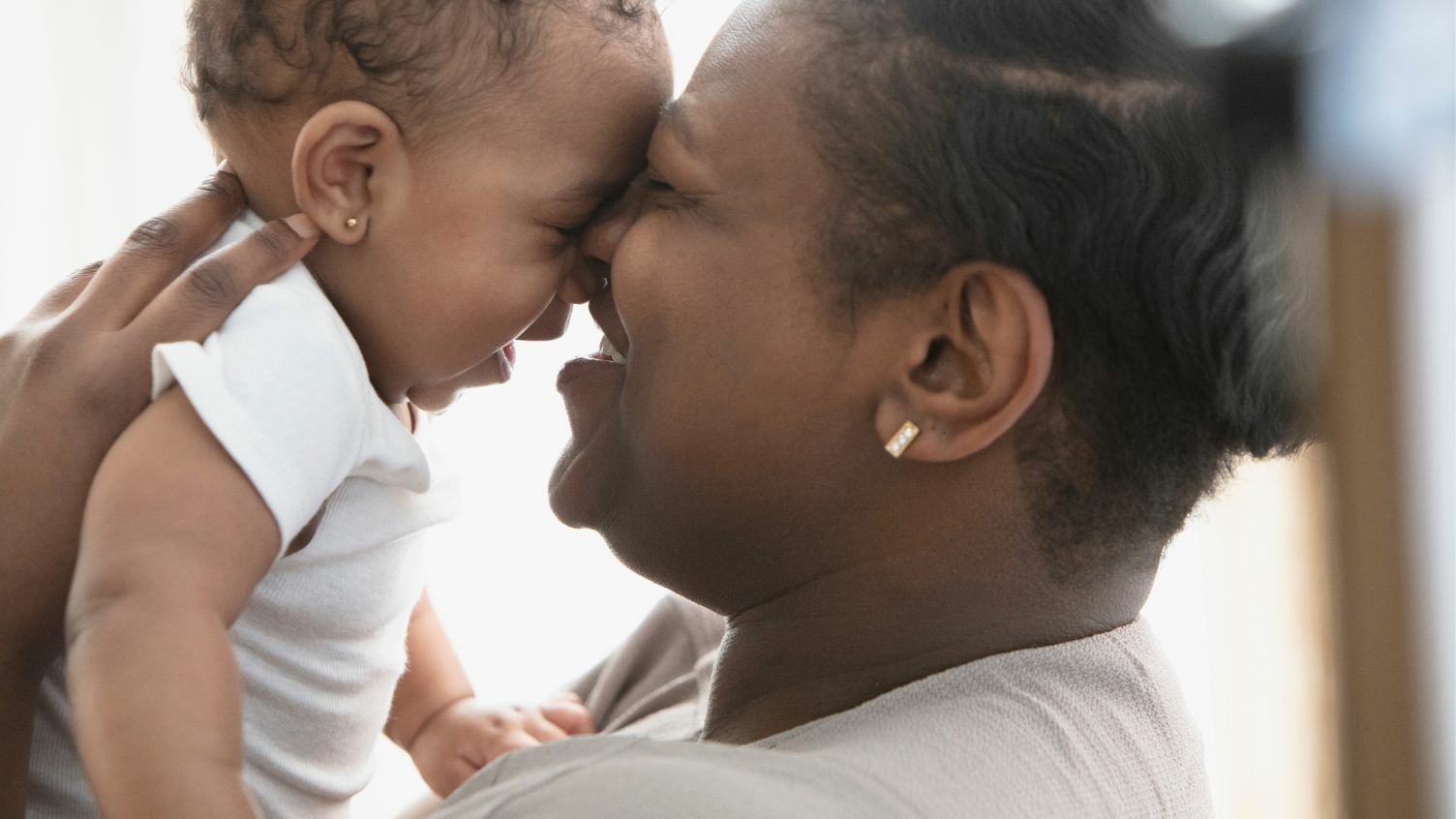Working in COVID-19 research: Esther Mwaura
- 12 May 2020
- 3 min read
Esther Mwaura, a critical care research nurse who works in intensive care at Milton Keynes University Hospital, speaks about working in COVID-19 research.
How has your job changed since the COVID-19 pandemic began?
I’ve had to put the other studies I’ve been doing on hold and concentrate just on COVID-19. Before, my studies in the intensive care unit were a bit quiet and slow-paced, but the pandemic has changed the way we work. It’s very fast-paced and I have to work a lot more closely with my colleagues. It used to be just me working on research in the intensive care unit, but now we have eight or nine of us here working on COVID-19 studies.
What studies are you currently working on?
We have ISARIC 4C, where we are collecting daily data, blood and swabs from patients who have tested positive for COVID-19 and carrying out follow-ups until discharge. In the RECOVERY study, we are recruiting patients over 18 years old with suspected COVID-19 to compare different medications, to see which is most effective. The drugs include lopinavir-ritonavir, steroids, hydroxychloroquine and azithromycin and are given over a course of 10 days. Another study is GenOMICC, where we take blood samples from patients to look at genes to understand why some patients are more prone to getting seriously ill from COVID-19 than others. There is also REMAP-CAP, which was originally just looking at pneumonia, but now it is focusing on comparing different treatments for COVID-19. One treatment we will be looking at is convalescent plasma transfusions, where we give patients part of the blood from people who have recovered from COVID-19, to see if this helps them recover faster.
What does your day-to-day job now involve?
Every morning, we screen every new patient who has tested positive for COVID-19 in the last 24 hours. We then organise as a team to work out how we are going to approach these patients. We speak with their clinicians to see if they are happy for us to enrol patients onto our studies, before speaking to patients and getting their consent. It also involves collecting data and blood samples, processing and packaging the blood in a lab and freezing it for the trial investigators to collect. We also do a lot of data entry in the office and follow up appointments with patients.
What do you enjoy most about your job?
What I’ve enjoyed during the COVID-19 situation is that we’ve worked very closely as a team. We have just pulled together to focus on this because we are very keen to find out what the results will reveal in the long run. Patients and their relatives are always very willing to take part to help others and in the future, even if the trial doesn’t necessarily benefit them. I have personally been extremely happy to see patients discharged from hospital and go home when we thought they would not pull through. The dedication of the team has been amazing.
What challenges are there in working in COVID-19 research?
The biggest challenge has been to know that we are going into the unknown and that we are at risk too when we are out there. Adapting to the fast-paced response to COVID-19 has been challenging itself as there have been four studies running at the same time into the virus. We have also had to re-arrange how we work so we can share the workload because it’s been very heavy.


